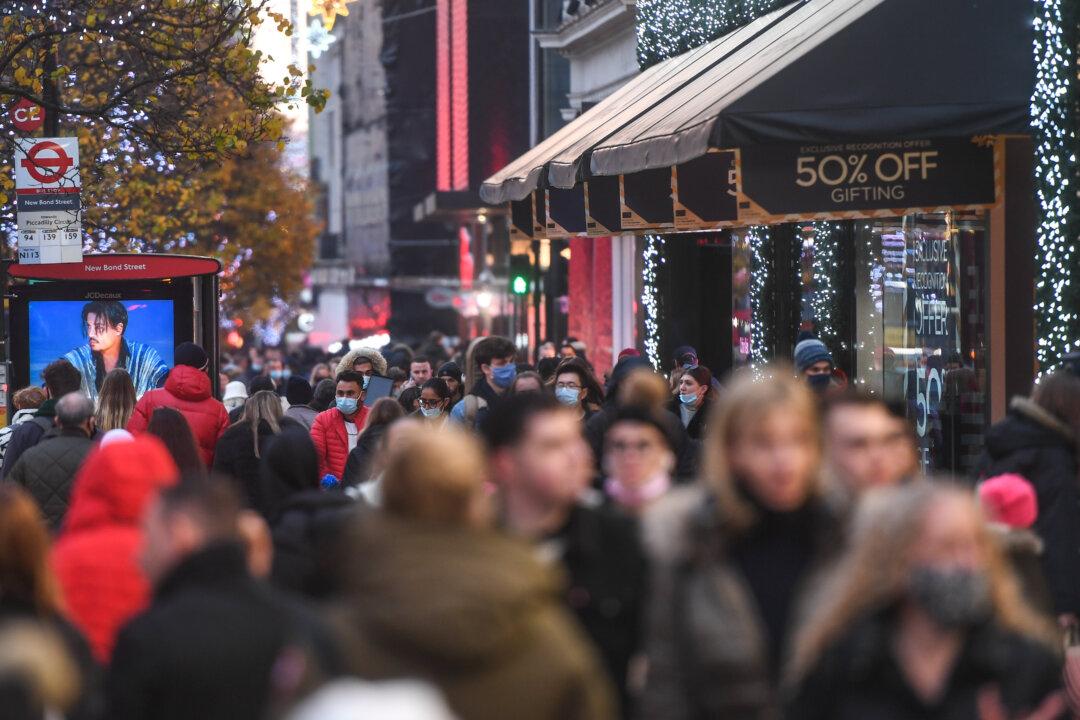Consumer confidence improved in August, with retail sales enjoying a boost of 4.1 percent in line with yearly growth.
The latest figures published by the British Retail Consortium (BRC) showed a bounce back in retail sales growth when compared to results a year ago. August numbers were also higher than the three-month average growth of 3.6 percent.





